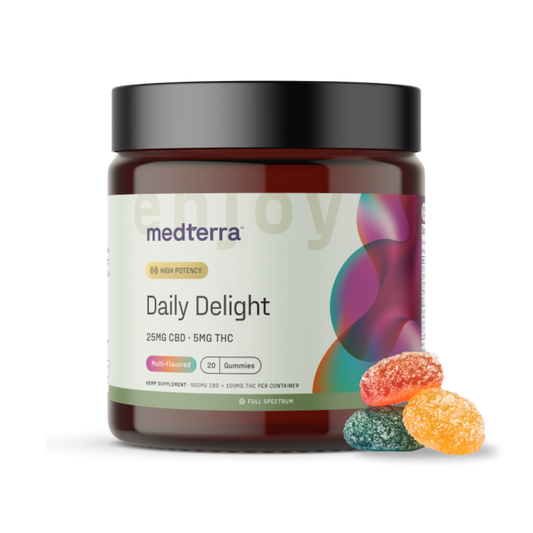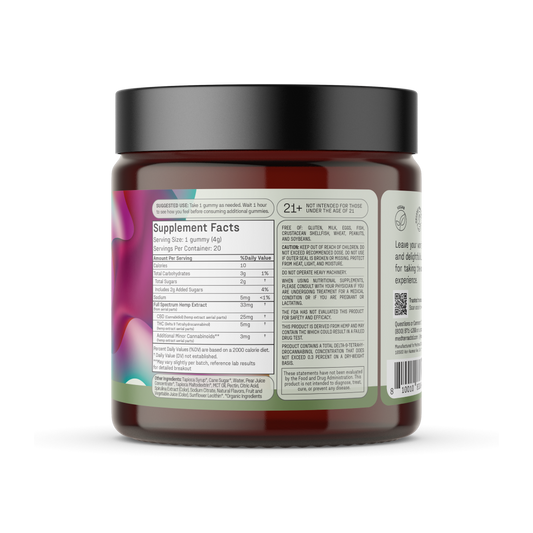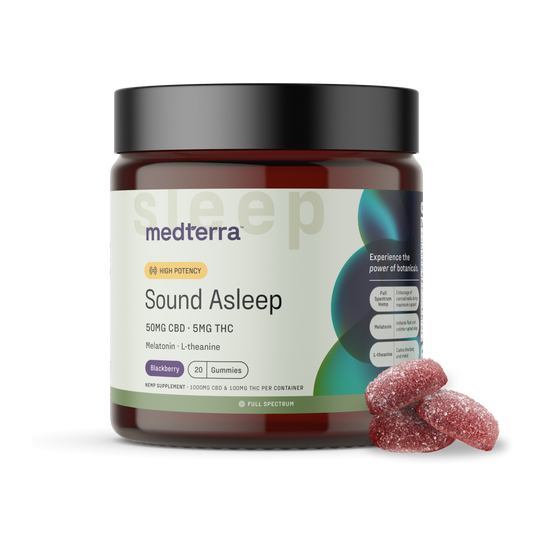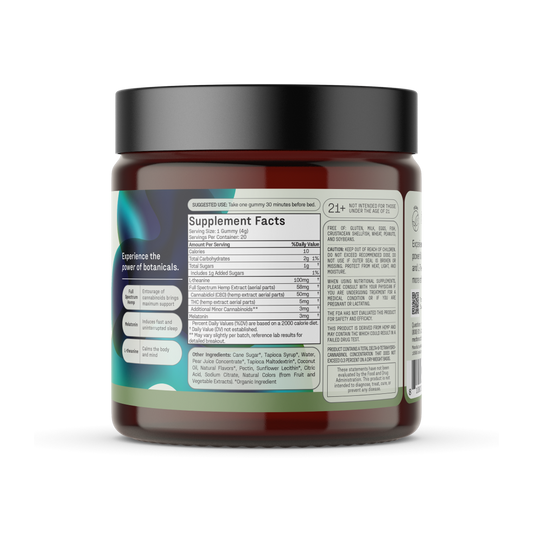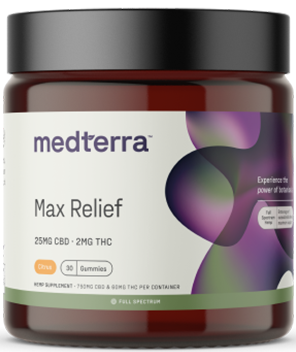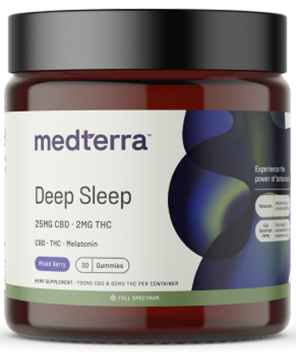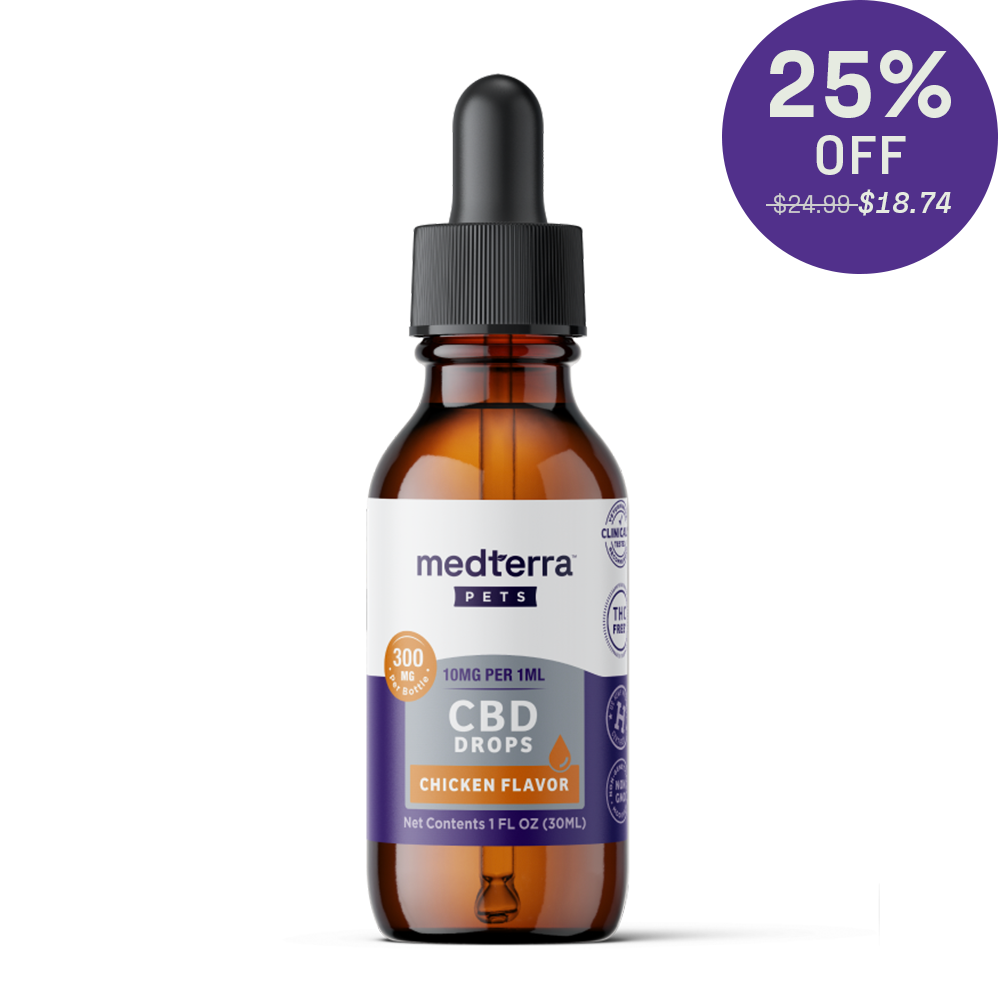In previous articles we’ve covered several aspects of hemp’s legality, including whether or not CBD is legal and if you can ship delta-9 THC in the mail.
But in this short guide we’ll be going back to the basics. What is delta-9 THC? How does it work? Is it even legal? Here are the details.
- Delta-9 THC 101
- Delta-9 THC: 8 exciting health benefits
- Is delta-9 THC legal in the US?
- Delta-9 THC’s state-by-state legal status
- How to try delta-9 THC (the legal way)
Delta-9 THC 101
Delta-9 THC is the most famous cannabinoid of all (it’s probably also the most infamous).
Known and loved for powering the cannabis plant’s characteristically buzzy high, delta-9 THC is produced by both cannabis and hemp as a sort of protective metabolite. In other words, delta-9 is good for the plants that produce it — and good for us, too! It’s capable of relaxing the body, illuminating the mind, and fostering introspection. Depending on the user and the dosage, delta-9 can cause euphoria, bliss, giddiness, sleepiness, and/or creativity.
What makes delta-9 THC so powerful? Its ability to readily bind to special receptors within the human mind. Once smoked or ingested delta-9 passes through the blood-brain barrier and proceeds to activate all sorts of stuff. It’s known to bind to:
- CB1 endocannabinoid receptors (promoting bliss, creativity, and hunger)
- Serotonin 2A receptors (promoting happiness and calmness) [1]
- Oxytocin receptors (promoting sociability and hunger) [2]
- TRPA receptors (promoting a pain-free existence) [3]
* Before the advent of ‘trace cannabinoids’ like delta-10 THC, delta-8 THC, THCo, etc, delta-9 THC was simply called “THC.” For the sake of simplicity we’ll sometimes be calling it that in this guide.
How does D9 THC compare to CBD?
Delta-9 THC and CBD actually share the exact same chemical composition. Both of them are comprised of twenty-one carbon atoms, thirty hydrogen atoms, and two oxygen atoms.
But these two cannabinoids differ when it comes to their chemical structure — and that makes all the difference. CBD’s more open structure means it can’t activate neuroreceptors nearly as directly as THC. CBD is subtly uplifting, but it can’t really get you high. Instead CBD binds to receptors within the peripheral body, leading to broadly anti-inflammatory effects. [4]
While we’re huge fans of CBD here at Medterra, it may not be the very best choice if maximum upliftment is your goal. That’s going to require a little bit of THC. The good news is that these two cannabinoids are far from mutually exclusive. You can take them simultaneously via a True Full Spectrum™ CBD product.
How does D9 compare to D8?
Think of delta-9 and delta-8 THC as twin siblings. They came from the same parent plants, and they really look alike…but at the same time each one possesses certain qualities that the other does not.
There’s a reason experts have christened delta-8 THC as ‘THC lite.’ Though still psychotropic, it’s just not quite as powerful as delta-9. Its high is also more energizing than sedating, similar to what you might expect from a Sativa cannabis strain. These qualities make delta-8 ideal for beginners who may not quite be ready for delta-9’s full power.
Delta-9 THC: 8 exciting health benefits
All that covered, let’s take a deeper look at delta-9 THC’s top health benefits.
Keep in mind that some of these benefits are still in their theoretical stage, meaning they’ve yet to be validated by clinical trials. Even these benefits, though, are being affirmed by too many THC users to ignore. Here’s a closer look.
Reduced stress
Delta-9 has tons of potential health benefits, but most of them start with something surprisingly simple. What’s that? Stress reduction, of course! Think of this benefit as the proverbial tree; the benefits that follow are just offshoots.
THC’s ability to reduce stress on the cellular level may lead to all sorts of good stuff, including reduced inflammation, improved antioxidant status, better neurotransmission, and more. By activating a system (hint: the endocannabinoid system) that regulates almost everything, THC may help your body become better at what it’s already doing: keeping you alive.
Other potential benefits include:
- Stronger innate immunity
- Improve creativity/cognition
- Better body composition (for real) [5]
- Fewer aches, pains, and discomforts [6]
- Better sleep quality (and sleep quantity)
- A greater desire to socialize and make friends
- More efficient energy generation (i.e, metabolism) [7]
Want to skip all the science? Then we’ll put it this way: THC helps make people feel amazing. If you’re looking for a healthier way to deal with the stress of life, consider trying it. THC is far safer than conventional coping mechanisms like alcohol or tobacco.
Is delta-9 THC legal in the United States?
Alright, onto this guide’s second major talking point: THC’s legal status!
You might be surprised to hear that delta-9 THC can indeed be legal. And we’re not just talking about its legality within states with recreational/medical cannabis programs, either. In reality, THC is legal throughout the United States!
With one condition: it has to come from federally-legal hemp. Hemp must contain 0.3% THC or less to be eligible for federally-legal status. If the hemp cultivar in question fits the bill, all sorts of opportunities open up. Virtually all hemp-derived cannabinoids are legal. Better still, all of these cannabinoids besides one are legal in virtually unlimited quantities.
The only hemp-derived cannabinoid whose quantity is still regulated is — you guessed it — delta-9 THC. Hemp products can’t contain more than 0.3% delta-9 THC by their weight. Yet this small percentage allows for more upliftment than you might think. A CBD gummy that weighs three grams could pack in almost 9 milligrams of delta-9 and remain legal. That’s enough to fuel some pretty solid upliftment.
There are a few other caveats, however, We don’t recommend that anyone under 21 use THC — even if said THC was derived from hemp. Also keep in mind that some states have bucked federal law and taken steps to ban delta-9. More on that next…
Delta-9 THC’s legal status: state by state
As of September 1st, 2022, Idaho is the only state that’s banned hemp-derived THC outright. This state’s Uniform Controlled Substances Act expressly forbids delta-9 THC and its isomers, regardless of whether or not they came from hemp. [8] Other states may ban THC in the near future, including Kentucky, Vermont, and Pennsylvania.
How to try delta-9 THC (the legal way)
Accessing legal THC has likely never been easier. All of our True Full Spectrum CBD products contain a small-but-powerful dose of delta-9, including our:
Summing things up
At Medterra our goal is to combine the best aspects of nature and science. Nature put THC into hemp for a reason — why neglect it? It’s with this respect for mother nature in mind that we’ve decided to place a balanced blend of CBD and THC into our Full Spectrum products.
And try not to worry if you find out THC is illegal in your state. We’ll hold off on shipping it to you until your state’s legal environment improves. Based on the way things are going, it’s probably only a matter of time.



